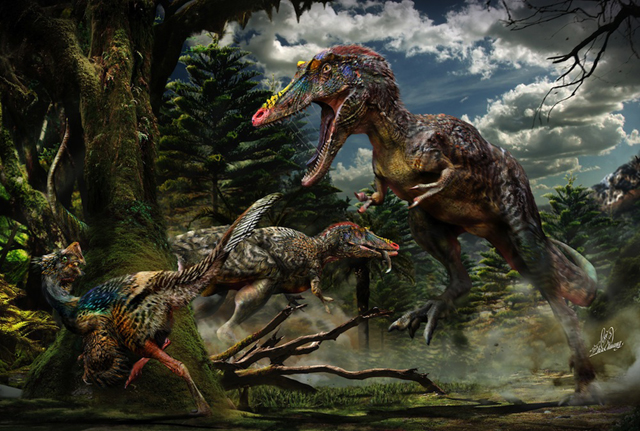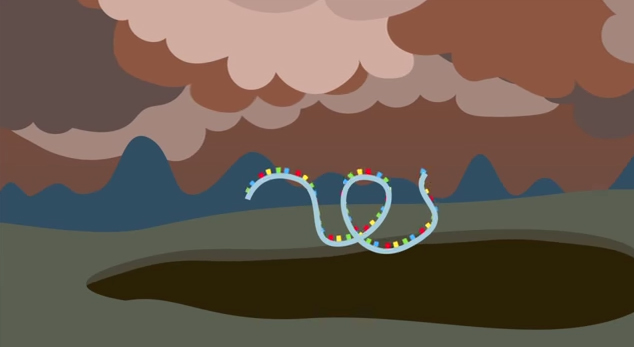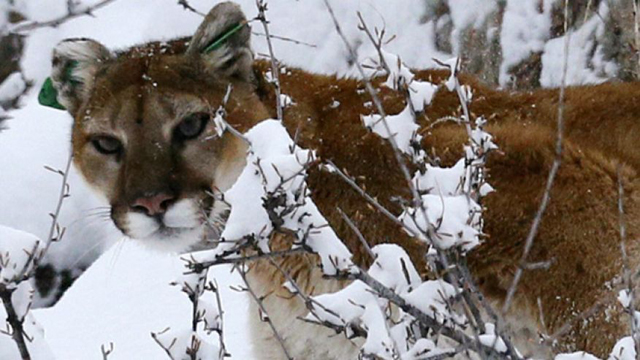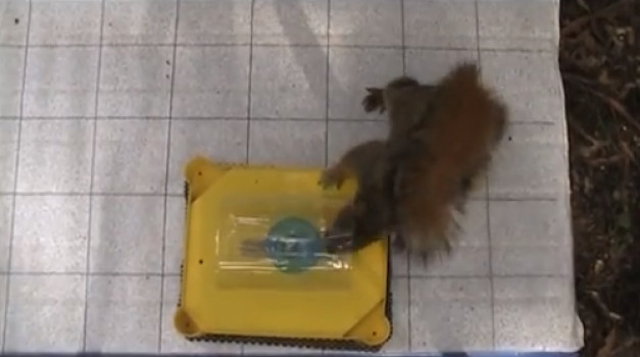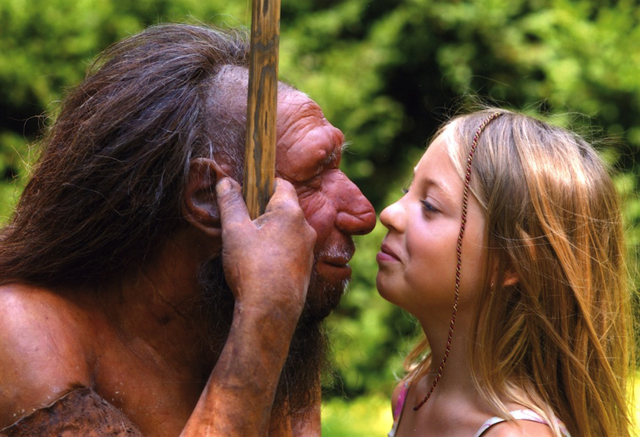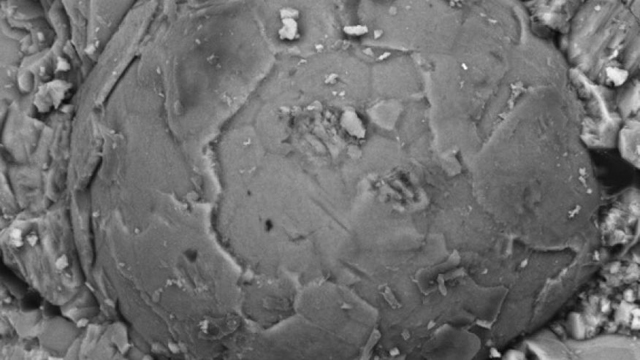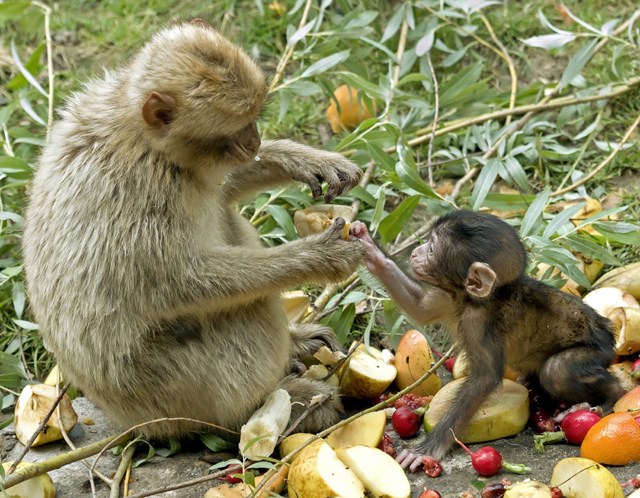Dead men tell no lies, but perhaps dead dinosaurs do. A new dinosaur species found in China and nicknamed "Pinocchio Rex" was a long-snouted cousin of Tyrannosaurus rex. The narrow-nosed beast was slightly smaller and more slender than T. rex, but was still a top predator, researchers say. It roamedthe Earth more than 66 million years ago…
Read more
‘Pinocchio Rex’: T. Rex’s Long-Snouted Cousin Discovered
